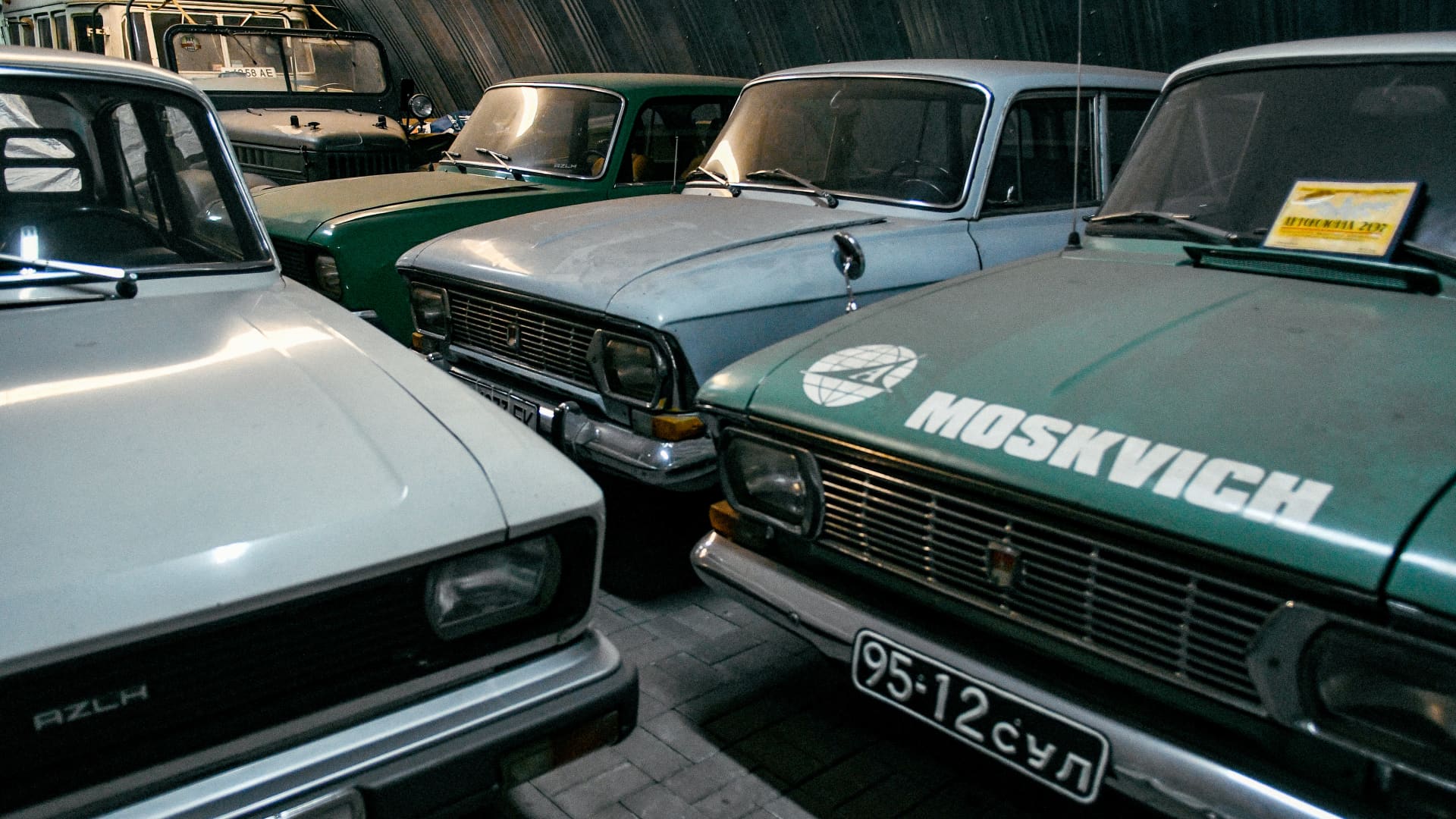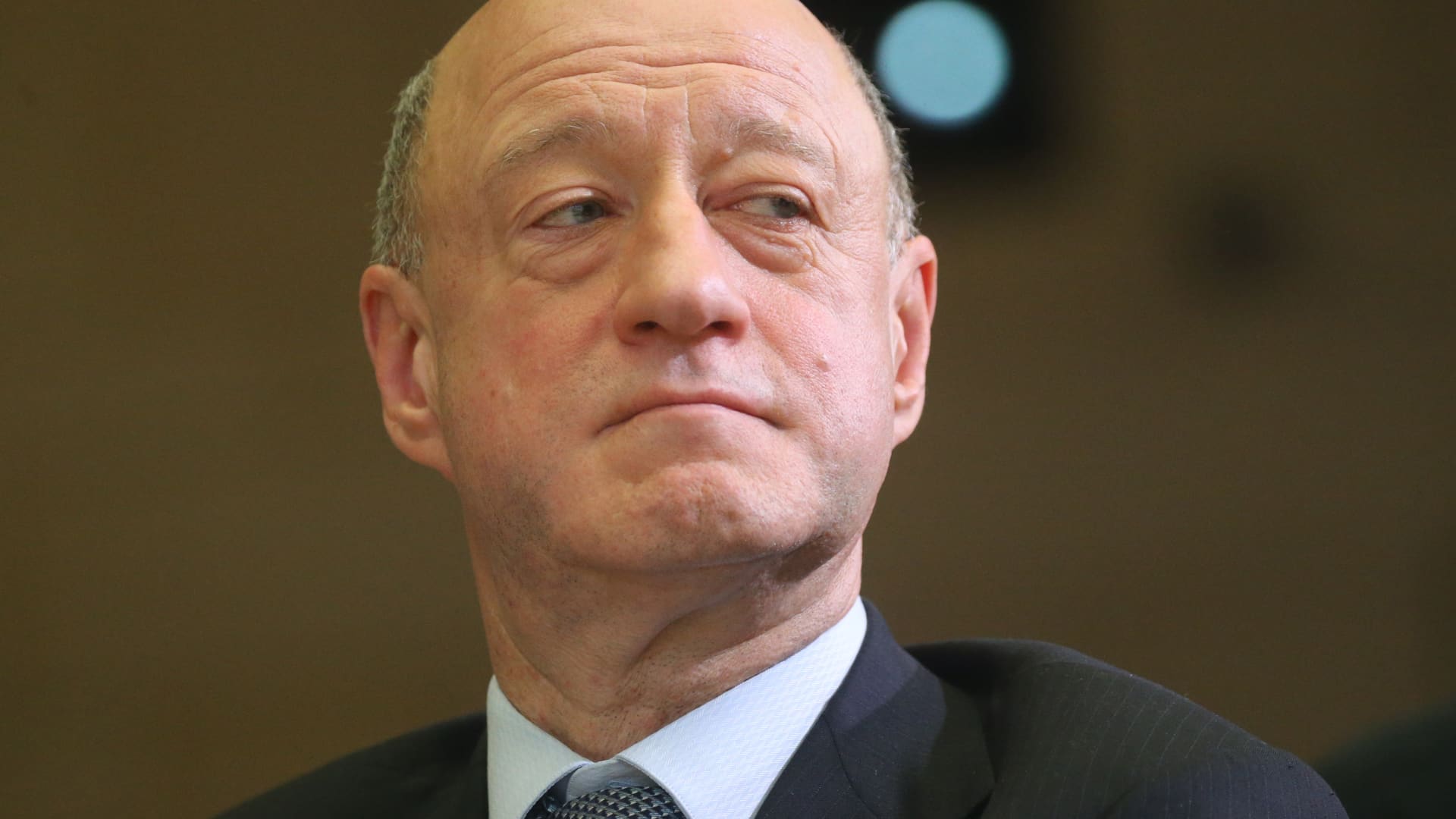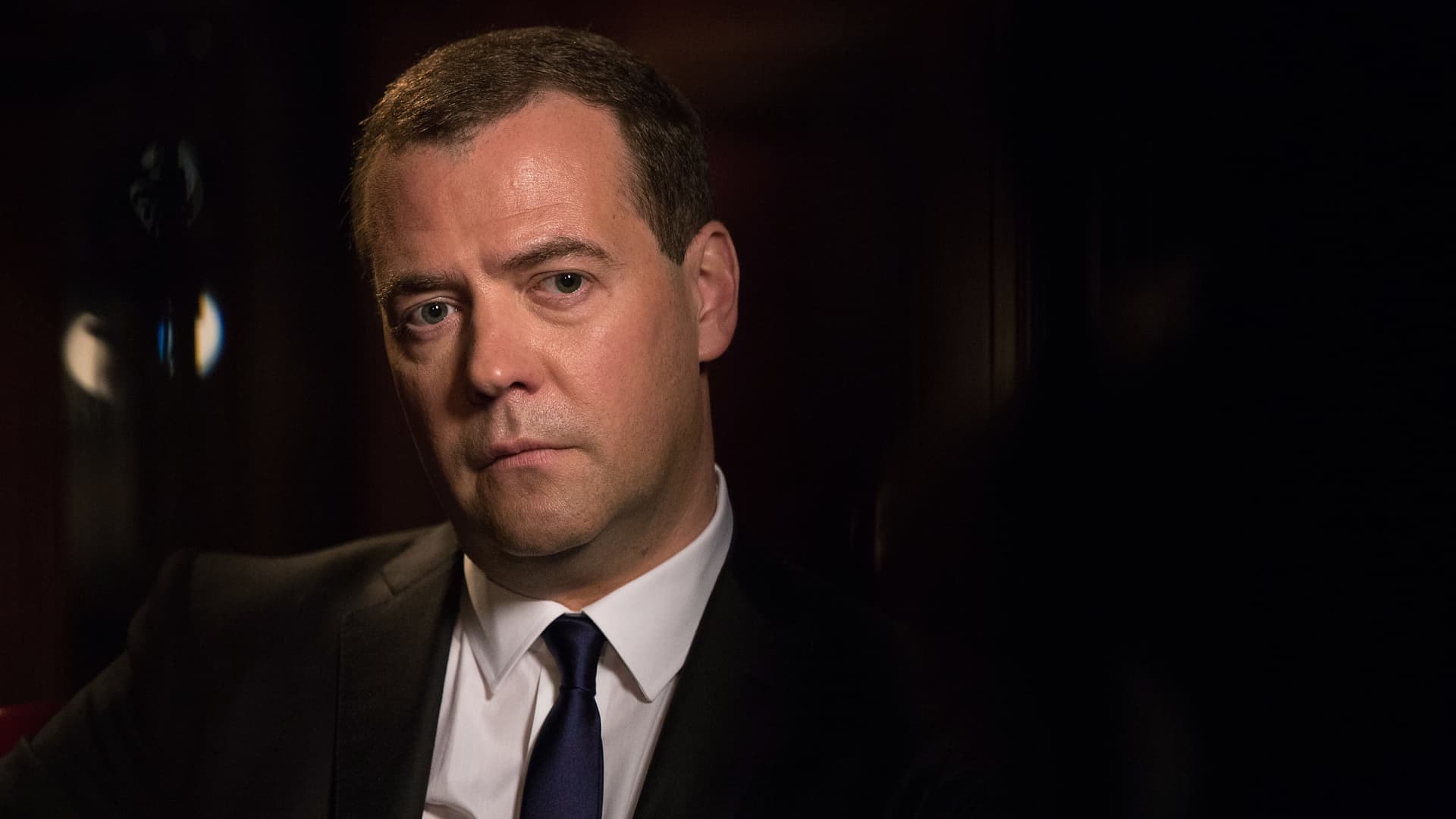Russia relaunches Soviet-era Moskvich car brand using a former Renault plant
Production of the Soviet-era Moskvich car relaunched in Russia on Wednesday at a former Renault factory.

The relaunch of Moskvich vehicles comes as Russia strives for a self-sufficient economy as the country's finances continue to be choked by sanctions and other ramifications of its invasion of Ukraine.
Future Publishing / Contributor / Getty Images
Production of the Soviet-era Moskvich car relaunched in Russia on Wednesday at a former Renault factory, according to truckmaker Kamaz.
The renamed Moscow Automobile Plant Moskvich expects to produce 600 cars by the end of 2022, and 200 of which will be electric. The cars should be available to buy in December, Kamaz said in a press release. Reports say the car design will be Chinese, and be very different from the original Moskvich.
The factory is part of an eight-year agreement with Kamaz to manufacture the domestically-produced vehicles. In 2023 at least 50,000 cars will be assembled, 10,000 of which will be electric, according to the statement, followed by 100,000, a fifth of which will be electric, in 2024.
The relaunch comes as Russia strives for a self-sufficient economy as the country's finances continue to be choked by Western sanctions and other ramifications of its unprovoked invasion of Ukraine.
By industry standards, the factory won't be churning out cars particularly quickly in the next couple of years. Tesla's Shanghai plant is expected to produce more than 750,000 cars in 2022, for example, while Toyota's biggest plant in Kentucky is capable of producing 550,000 cars annually.
Moscow's Mayor Sergei Sobyanin announced in May the factory would be used for a relaunch of the famous cars after Renault sold its Russian assets to the state.
The French manufacturer had owned a majority stake in carmaker Avtovaz, before reportedly selling it off for just one Russian rouble and with a six-year option to repurchase. Renault Russia was also reportedly sold to the state for the same token sum.
Sobyanin said the decision to take over the Renault plant was a move to preserve thousands of jobs.
Renault CEO Luca de Meo said the decision to sell was "difficult but necessary" and was the "responsible choice towards [the] 45,000 employees in Russia."
The Moskvich car brand was a source of pride for Russia's capital between 1946 and 2001, with the name translating to "Moscovite" or "native of Moscow," but the cars' popularity faded after the fall of Communism and the Soviet Union. The manufacturer was then declared bankrupt in 2006.

 ValVades
ValVades 
































